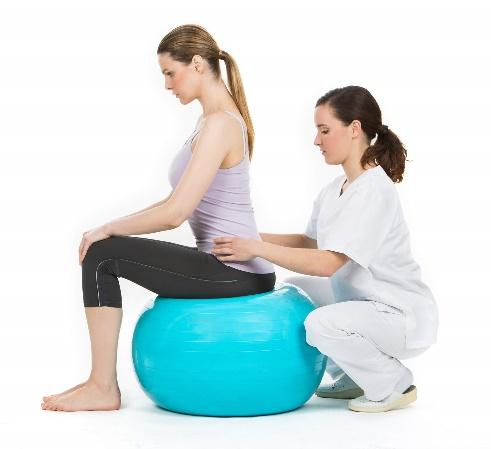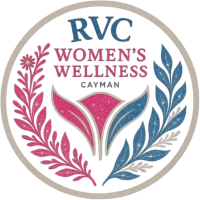Do you have questions about your PCOS and struggle to find the answers?
At least 1 in 10 females of reproductive age meet the criteria for the diagnosis of polycystic ovarian syndrome. Many girls first develop symptoms in adolescence.
Polycystic ovary syndrome (PCOS) is the most common hormone disorder in women, affecting 5 to 10 percent of adolescent girls and adult women of child-bearing age.
CLINICAL PRESENTATIONS:
- Women with PCOS may have no periods, irregular periods, or very long periods, and may also have one or more of these symptoms:
- Acne
- Hair growth on the face and other parts of the body
- Patches of thick, velvety, dark skin (acanthosis nigricans), often on the neck or groin area
- Trouble getting pregnant (fertility problems)
- Weight gain, often around the waist
TIPS TO DEAL WITH PCOS:
- Reduce your sedentary lifestyle.
- Try to take a regular walk.
- Switch to a healthy diet.
- Take good sleep for 7-8 hours.
- Practice relaxation techniques.
TAKING THE NEXT STEP
Living with PCOS can be frustrating and discouraging, but it’s easier to handle when the right healthcare team is supporting you along the way. If you’ve been diagnosed with PCOS or are wondering if you might have it, reach out to a provider as soon as possible. We’re here to help you learn how to manage your PCOS, which is the first step toward living a happy, healthy life with this condition.
“At first, I was confused. I could not understand how a physical therapist could help with my increasingly painful and uncomfortable bladder problems. But when I went home, I felt so much better.”


Book An Appointment
You can book a Physiotherapy consultation with us today – at a time and date that suits your schedule. Click below to begin.


